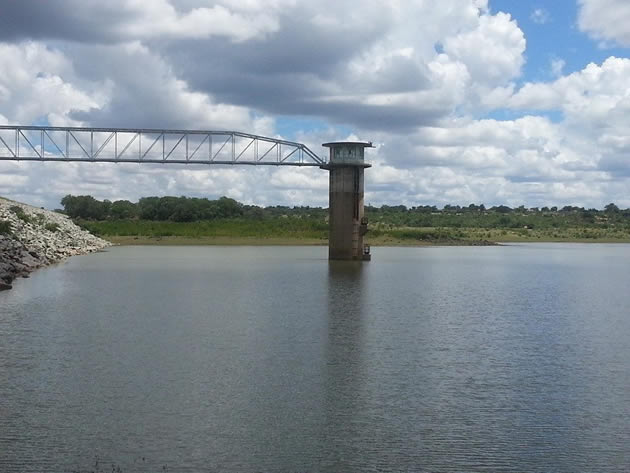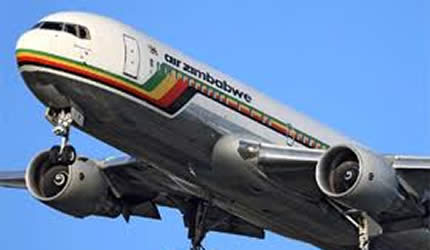Govt to make Zinwa commercial entity

Happiness Zengeni in THE HAGUE, Netherlands
GOVERNMENT is working on the creation of a water and waste water regulator which will ultimately result in the commercialisation of the current Zimbabwe National Water Authority.
Dutch experts have, however, advised that the country needs to fully define the problems that they want the new regulator to solve before its creation.
The need for a regulator came after the realisation that ZINWA was acting as both “player and referee” in the water sector while at the same time there were clashes over mandate with other regulatory authorities such as the Zimbabwe Energy Regulatory Authority and the Environmental Management Authority.
Director of Water Resources, Planning and Management in the Ministry of Environment, Water and Climate Tinayeshe Mutazu told the ongoing study tour of the Netherlands that Government was working on the establishment of a water and waste water authority, which will result in the unbundling of ZINWA.
“ZINWA currently performs certain functions such as the issuing of permits and licencing of water sector players yet they also have a division which directly competes with the same players. There have been a lot of complaints against this.
“Secondly there are issues around regulatory authorities such as EMA and ZERA. There is no clear separation on who is the qualified regulator to deal with waste water as EMA would say it’s part of waste management yet this falls under the water chain. It cannot be separated from the water supply chain. ZERA on the other hand issues hydro-power licences to independent power producers yet they cannot issue the water permits.
“In the absence of a specific water regulator, other authorities will creep in to that space.”
Mr Mutazu said the move had already received Cabinet approval, adding that terms of reference have been drawn up.
The tour, which is being funded by the Embassy of the Kingdom of the Netherlands seeks to develop planning and identify opportunities for co-operation between the two countries.
Associate professor at the UNESCO Institute for Water Education Klaas Schwartz said different countries have never defined the problems that they wanted a regulator to solve.
“If you want to create a regulator, you have to know what problem you want to solve and also be aware that regulation cannot solve all issues. Some issues may need to be addressed by other means.
“It’s also advised to work within the existing organisational framework that the country currently has, capitalise on its strengths and introduce solutions for existing weaknesses. You also have to be aware of the role of politics in the structure,” said Prof Schwartz.
According to a Needs Assessment and Business Opportunities Report commissioned by the Netherlands Enterprise Agency, once a regulatory framework is created ZINWA will become a lean organisation with a clear structure and functions.
It will not duplicate with the private sector and other Government organisations.
“This will enable ZINWA to improve performance, become financially sustainable and meet new legislative requirements,” says the report.
The report was authored by Albert Muyambo, a water sector expert and former CEO of ZINWA and Dutch national Wim Klaassen who is the Netherlands Water Programme Special Water Advisor for Yemen.
The report notes that the Zimbabwean drinking water sector suffers from serious long-term underinvestment. This has created a profound state of neglect at the level of its organisations and infrastructures, which has led to low water supply performance and, in some cases, to a standstill (currently at 25 percent of the utilities).
Mr Klaasen told a briefing of the study tour on Monday that the Zimbabwe water sector had become trapped in a cycle of three lows.
“Zimbabwe is currently trapped in the ‘three lows’ cycle; low investment, low quality of service and consequently low revenue. The resulting low quality of service makes it difficult to justify raising water rates.”








Comments